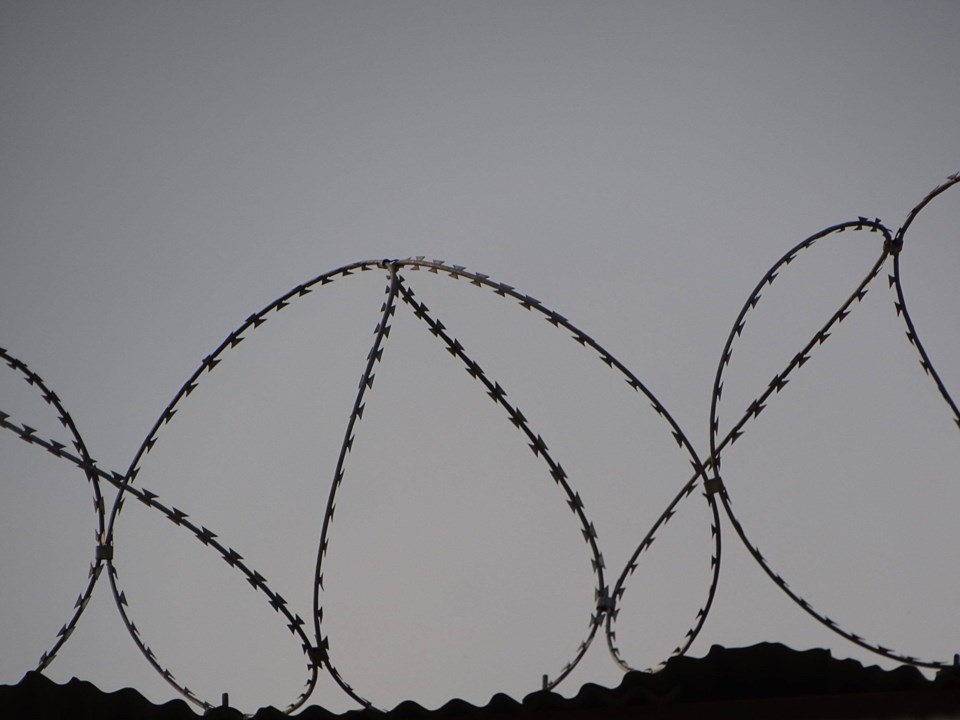Brooklyn families who have been unable to see incarcerated loved ones since March will face smaller visiting room capacities and less opportunities for physical contact when upstate prisons reopen to visitors this week.
The coronavirus restrictions come alongside families' anxieties about how badly the coronavirus pandemic has affected, and could continue to affect, loved ones locked up inside facilities. According to the data on the New York State Department of Corrections and Community Supervision (DOCCS) website, as of Aug. 2, 1311 staff and 604 prisoners have contracted the virus. Five staff and 17 prisoners have died.
New York prisons have been closed for visitors since March, but are set to allow visitors again on Wednesday for maximum security prisons and Saturday for other institutions. However, many families of prisoners in Brooklyn are upset by new restrictions.
Carroll Harriot of Crown Heights said she had not seen her son for almost six months. "It's heart wrenching," Harriot said, adding the amount of time it took to travel upstate to visit was an ordeal in and of itself.
"You have people that are sitting on the bus all night...and they get there at seven o'clock in the morning. And they're talking about how they can only give you a two hour visit," Harriot said.
The new DOCCS regulations include reduced capacity of visiting rooms to half while utilizing outside areas, no physical contact except for an embrace at the beginning and end of the visit, a limit of three people and one child per prisoner, closing the children's area requirements for visitors and a requirement for visitors and prisoners to wear masks during visits.
Harriot spoke against the requirement of wearing a mask during visitation and compared her situation to those who run the prisons. "They get to go home at night to their loved ones, and I'm sure they're not wearing a mask in their house," Harriot said. "They get to see their daughter, their mother, their brother, their sister. They are taking away our rights from doing the same thing."
She said she also feared that her son would contract the coronavirus. "I do not know when I am going to get that call," Harriot said. And, on top of that, Harriot said she was fearful her son would be retaliated against for speaking out. "You will get beat up, you can't use the phone, almost everyone that stands up against oppression [gets retaliated against.]"
Harriott has enlisted the help of Alliance of Families for Justice (AFJ), whose lawyers have been in touch with prison officials.
Flatbush resident and Director of Development and Operations at AFJ Emily Patka also has a family member in prison. Patka said some of the programs, such as the Family Reunification Program, which allowed families to visit with loved ones in prisons in a home-like setting, had not been given a plan for reintroduction.
"While we understand, you know the need for safety and everything like that, a lot of these restrictions don't seem to be coming from a place of safety because they don't match," Patka said.
"If we're at phase three out here and phase four now and certain activities are allowed, why wouldn't that parallel inside when the restrictions seemed to be analogous to like phase one or even before phase one?"
"There are other public health considerations besides the virus, not to downplay the virus at all," Patka said. "But keeping families separated for an extended period of time and then heavily restricting the way that they can interact with each other when the visits are reintroduced in already a highly restricted environment was really not acceptable to our community."




